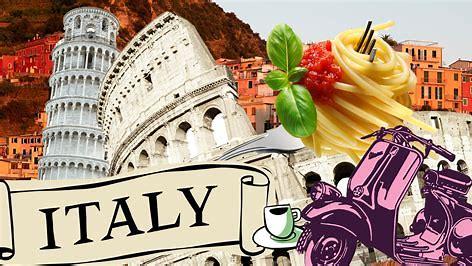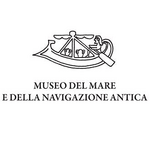Valentina & Manish

Things To Do


The Museum of Sea and Ancient Navigation
The Civic Museum of Sea and Ancient Navigation is part of the extraordinary archaeological and monumental area of Pyrgi and of the Castle of Santa Severa. A place of great historical importance for the north coast of Rome, frequented from prehistory to nowadays in an uninterrupted manner. THE TICKETS ARE AVAILABLE AT THE MUSEUM TICKET COUNTER FOR 3 EUROS Sunday 10:00 - 17:00 Monday Closed Tuesday 09:00 - 16:00 Wednesday 09:00 - 16:00 Thursday 09:00 - 16:00 Friday 09:00 - 16:00 Saturday 10:00 - 17:00

Terme Ficoncella
Ficoncella Thermal Baths are located on a high ground 4 km from Civitavecchia and about 1 hour drive from Rome. For its countless therapeutic proprieties, the waters of La Ficoncella are suitable for the treatments of many diseases like dermatitis, arthritis and disorders related to the gastric, respiratory or urinary systems. TIMETABLES Every monday is closed. Day: every day from 8 am to 2 pm and from 6 to 8 pm. Night: from 01/07 to 31/08 the thermal baths remains open until midnight. PRICES The cost of individual admission varies depending on the time and between residents and non-residents: - residents / morning (8:00 – 14:00): €2.00 - residents / afternoon (18:00 – 20:00): €2.00 - residents / full day (8:00 – 20:00): €3.00 - non-residents / morning (8:00 – 14:00): €6.00 - non-residents / afternoon (18:00 – 20:00): €6.00 - non-residents / full day (8:00 – 20:00): €10.00 - evening (20:00 – 24:00): €10.00 - FREE admission for children under 6

ROMA CITTA' ETERNA
Seriously you need an explanation for Rome? A life time is not enough to see all the art and history of the eternal city. The poet Tibullus is credited by many scholars as the first to refer to Rome as “Urbs Aeterna,” which translates from Latin to the “Eternal City.” This name must have resonated with Romans because poets like Virgil and Ovid continued with the motif of Rome as a lasting city in their respective works. In the Aeneid, an epic by Virgil, the poet describes Rome this way: “Imeprium sine fine,” which translates in English as “an empire without end.” This prideful attitude toward the city in this phrase is believed to come from the citizens feeling that even if empires rose and fell, the city would last forever. Thousands of years later, the name and the city—along with the poetry and stories connected to it—have endured.